Meet Chef Tavish Bhasin, a self-taught foodpreneur who runs Curry Castle, a cloud kitchen in Dubai and has worked with Michelin-starred chefs.
(July 08, 2023) A copywriter at an event media company, Chef Tavish Bhasin was passionate about cooking, and this love for food helped him tip-toe into the world of culinary arts. From cooking for “half the office every week,” to selling burgers and hot dogs at events on the weekends, to his very own cloud kitchen, it has been quite a journey for the chef, who started cooking professionally at the age of 26. “My first cooking job was in 2014 at the Blue Frog under Chef Mrigank Singh, one of the first pioneers of modern Indian food, following which I spent two years at the Table in Colaba, Mumbai, (then listed on Asia’s 50 Best Restaurants) under Chef Alex Sanchez. Those two years were some of the toughest, yet best years of my life, where I regularly got the opportunity to cook alongside Michelin-starred chefs whose guest dinners we hosted,” he tells Global Indian.
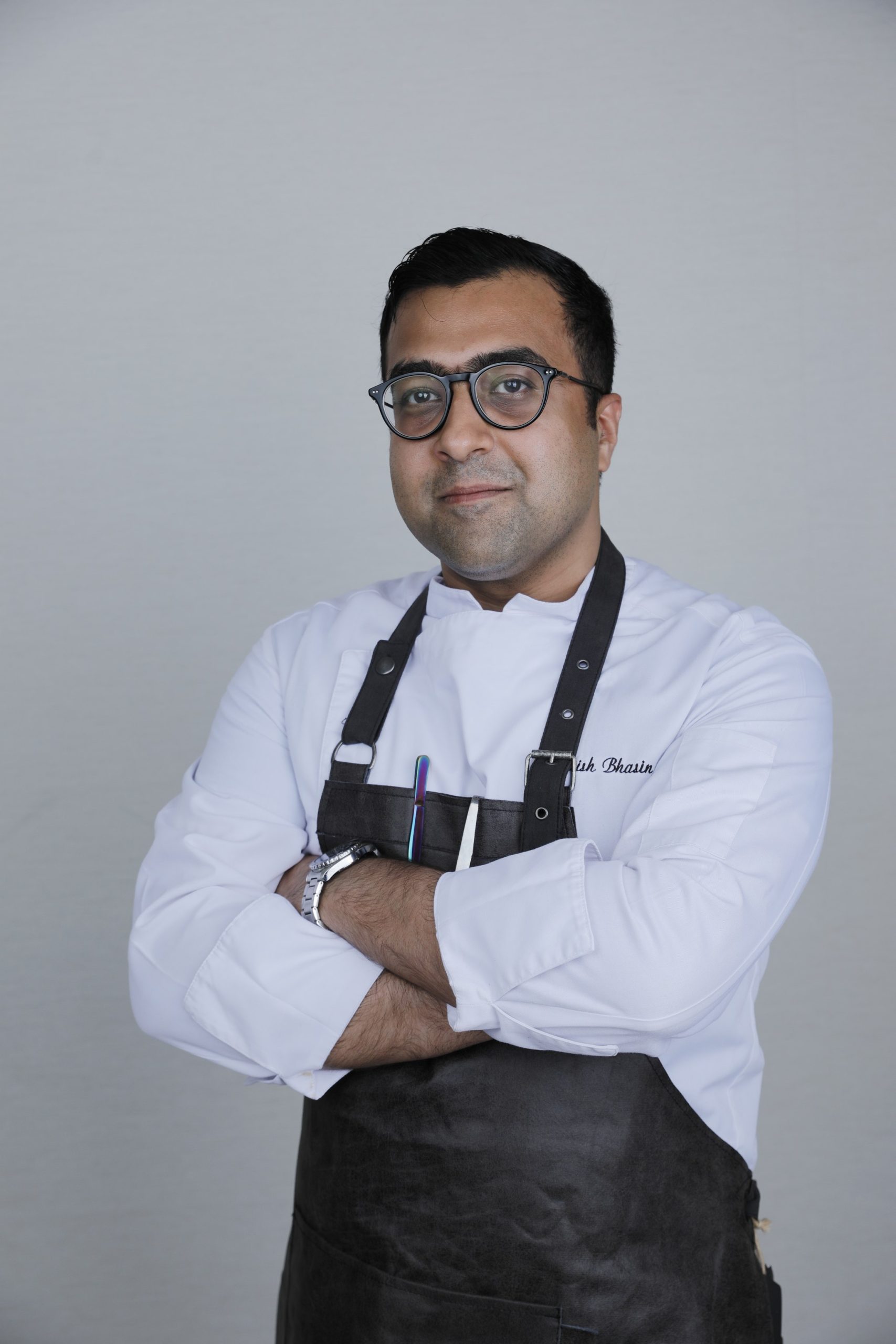
Chef Tavish Bhasin
Gaining Experience and Inspiration
After gaining some valuable experience, Tavish, now 32, moved to Dubai where he joined Five Palm Jumeirah. “I spent four years working across many restaurants and cuisines (including Mexican, European and Indian) and finally ended up as Head Chef at their new property, FIVE Jumeirah Village. Along the way, I led one of their restaurants, BLVD on One, to become the number 1 restaurant in Dubai on Tripadvisor,” he says.
In the spirit of adventure and with a hunger to learn, Tavish utilised his summers well as each summer he would spend around 45 days working at various Michelin starred restaurant in Europe “to learn new techniques and ideas and to get inspired; these included Quattro Passi in Italy, La Manoir aux Quat’ Saisons and Bibendum in England and The Test Kitchen in South Africa.”
As glamorous as this might sound, it was really hard work. He agrees that being a chef can be challenging as it is quite physically demanding. “I learnt early on that 14-hour workdays are the norm, with most of your time spent on your feet. It may seem glamorous from the outside, but to achieve your goals, you need to put in the hours and power through the tough days,” says the chef, adding, the challenges differ as one grows in skill and designation. “Creative development, staff management, recipe standardisation, guest relations are other challenges that add up. There are no free lunches, so to speak.”
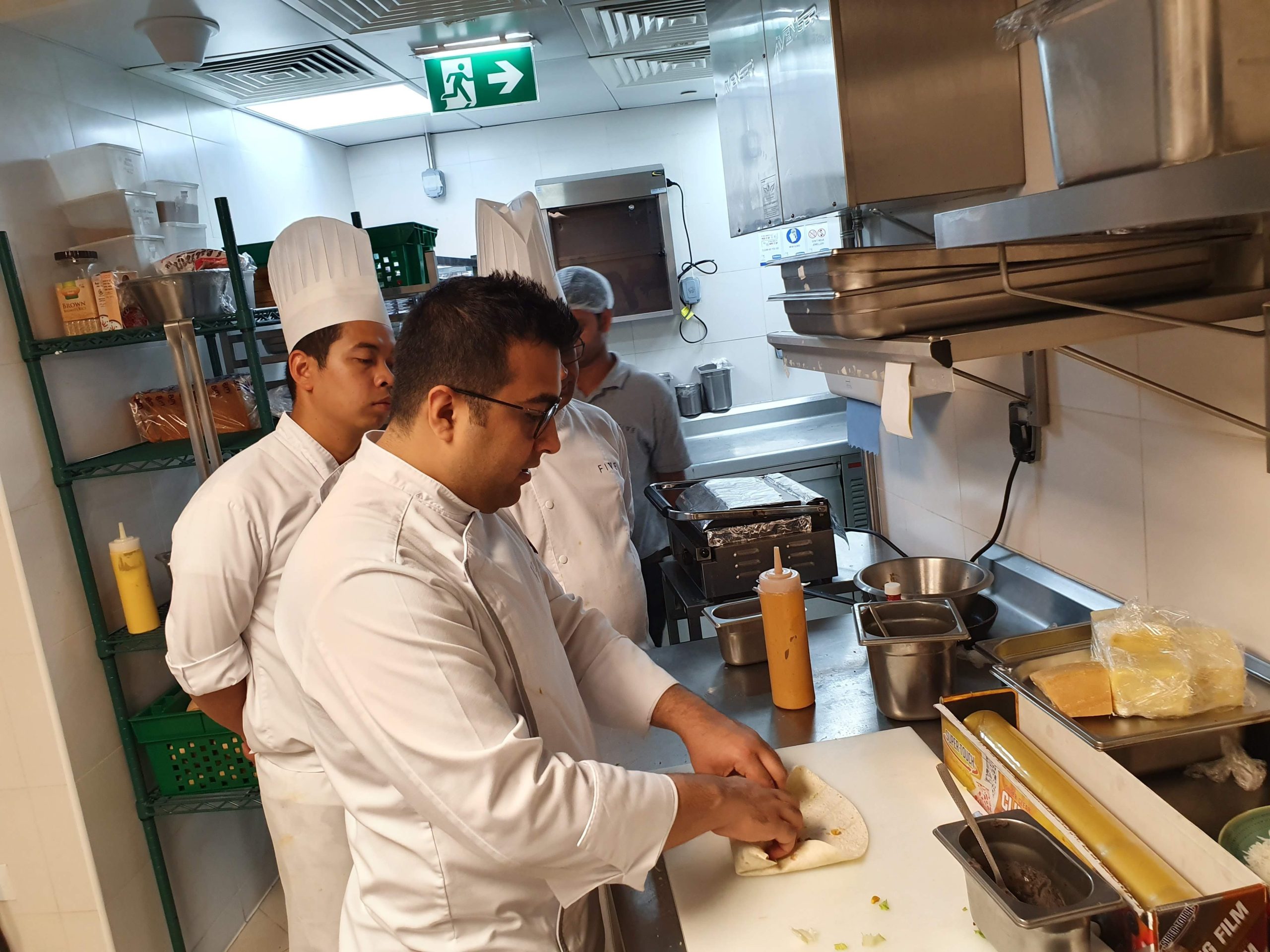
Like most chefs, Tavish too wanted to become a foodpreneur someday. While it was at the back of his mind from the start, he didn’t want to take the usual route by starting a restaurant. Instead, he hit upon the idea of a cloud kitchen. He reveals, “It had always been a goal from day one to start my own food business. I’d dabbled with the idea of a cloud kitchen as early as 2009, and considering the restaurant set-up costs in Dubai, I decided to take baby steps into the world of entrepreneurship with a cloud kitchen.” In retrospect, he calls it a wise decision as he understood over the time that “there are so many more aspects to a business that need attention than just the culinary one.” He hasn’t given up on the restaurant dream though. “Someday, we hope to have restaurants as well under our company banner.”
Interestingly, Tavish grew to love Indian food, thanks to his mother’s and grandmother’s cooking. Added to that were his travels across India which showed him how regional cuisine could be healthier, more flavourful and delicious. Plus, no one was really focussing on this hidden gem at the restaurants in Dubai.
Originals Reinvented
Situated in the suburb of Al Barsha South in Dubai, he launched Curry Castle, his cloud kitchen, approximately nine or ten months ago. He defines the food he cooks as “Progressive Indian Cuisine.” His menu is well-researched and the dishes are tweaked to suit this definition of what he serves. He says, “We use the term Progressive Indian Cuisine for what we’re doing at Curry Castle and Dark Knight Hospitality (his brand). Dubai is a pretty evolved market; in our neighbourhood radius alone, there are more than 50 Indian restaurants.”
“We feel we’ve found a gap in the market with progressive, healthy Indian cooking. Food that is delicious while also being healthy is something people are looking for in 2023 and we wanted to offer that by integrating low-carb, sugar-free, keto, gluten-free and vegan options into the first half of our menu. We want our food to be accessible to all, no matter what your dietary preferences. The second half of the menu is reserved for modernised versions of regional classics like Goan Raw Mango Curry with triphala and dry mangoes or our version of Duck Mappas, Lamb Shank Rogan Josh and a slow-cooked Smoked Dal that we finish with a 45-minute olive-wood smoke.”
View this post on Instagram
How has he tweaked the evergreen favourites to give them a healthy twist? He elaborates, “The low carb Butter Chicken, for example, omits onions and cashew nuts completely, along with sugar. Instead of the cashews we used almonds, peeled and soaked overnight; and we have replaced the sugar with stevia. Asafoetida replaced the ornamental onions, and after some tweaking and trials, we believe we have the ratio of sourness to sweetness to richness right. Another neighbourhood favourite is the Lamb Shank Rogan Josh as is the Smoked Dal. Personally, I love the ‘Floyd’s Raw Mango Goan Curry’, named after the legendary late Floyd Cardoz [a huge influence in Tavish’s life] who paved the way for modern Indian cooking way back in the 90s.”
No wonder the response Curry Castle has received thus far has been very positive. “Surprisingly, our customers are a 60-40 ratio of Europeans and locals to Asian expats, though we anticipate this number will even out in the long run.” Tavish’s team at Curry Castle includes chefs who all have fine-dining restaurant experience. He adds, “Our vision from the start has been to serve restaurant-style, high-quality food that you can have within the comfort of your own home.”
One would think the name of his company Dark Knight Hospitality harks back to Batman. Tavish laughs, “Funnily enough, the name has nothing to do with Batman though I can understand why you thought so. A dark knight or dark horse is an underdog, who succeeds against the odds, and we feel that represents us well. It’s also inspired by the fact that we run ‘dark kitchens’, or cloud kitchens are they are known in some parts of the world – so literally speaking, we are the ‘Dark Knights of the hospitality world’. That’s where it came from.”
View this post on Instagram
Since Curry Castle is already doing well, Tavish and his team plan to scale up locally. “Our immediate plans are to scale locally (Dubai is a big city) and we’d like to open at least a few more stores to make the brand more easily accessible to people,” he says. He’d love to add at least three more dark brands as he calls them, and some slightly-elevated dine-in concepts to their stable before expanding further in the Middle East. “I would like to use my experience in fine dining in combination with my love for takeaways. Essentially, I want to use all the techniques I know with the best of Indian cuisine,” he concludes.
Chef Tavish eats at:
Streetery for the Best Asian food and Sichuan Wontons
Tresind Studio for a high-end Indian meal
Al Ostadi Special Kebab for authentic Iranian fare
- Follow Chef Tavish on Instagram



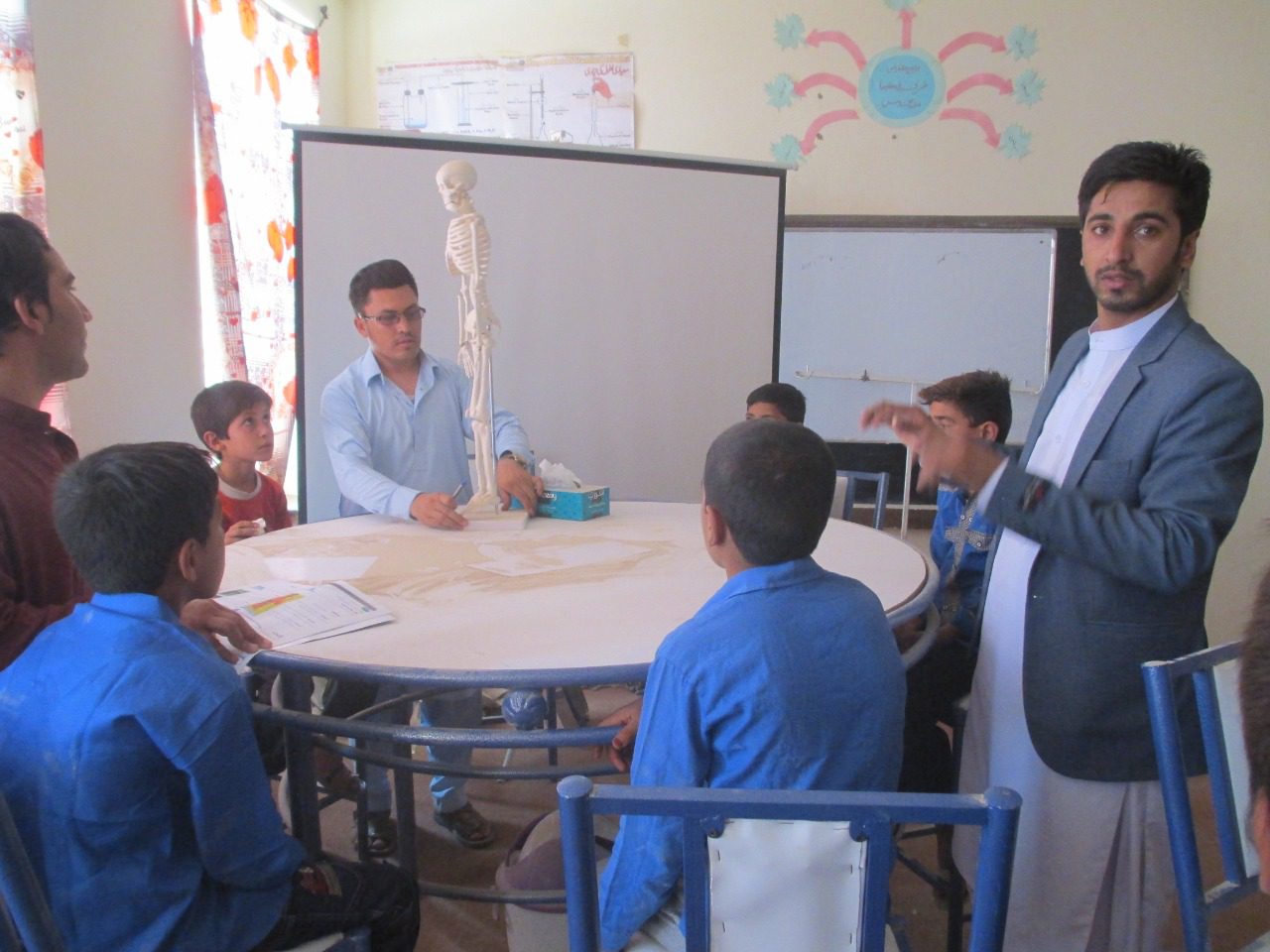 Abdul Rahimi (extreme right) worked as a language trainer in Afghanistan[/caption]
Abdul Rahimi (extreme right) worked as a language trainer in Afghanistan[/caption]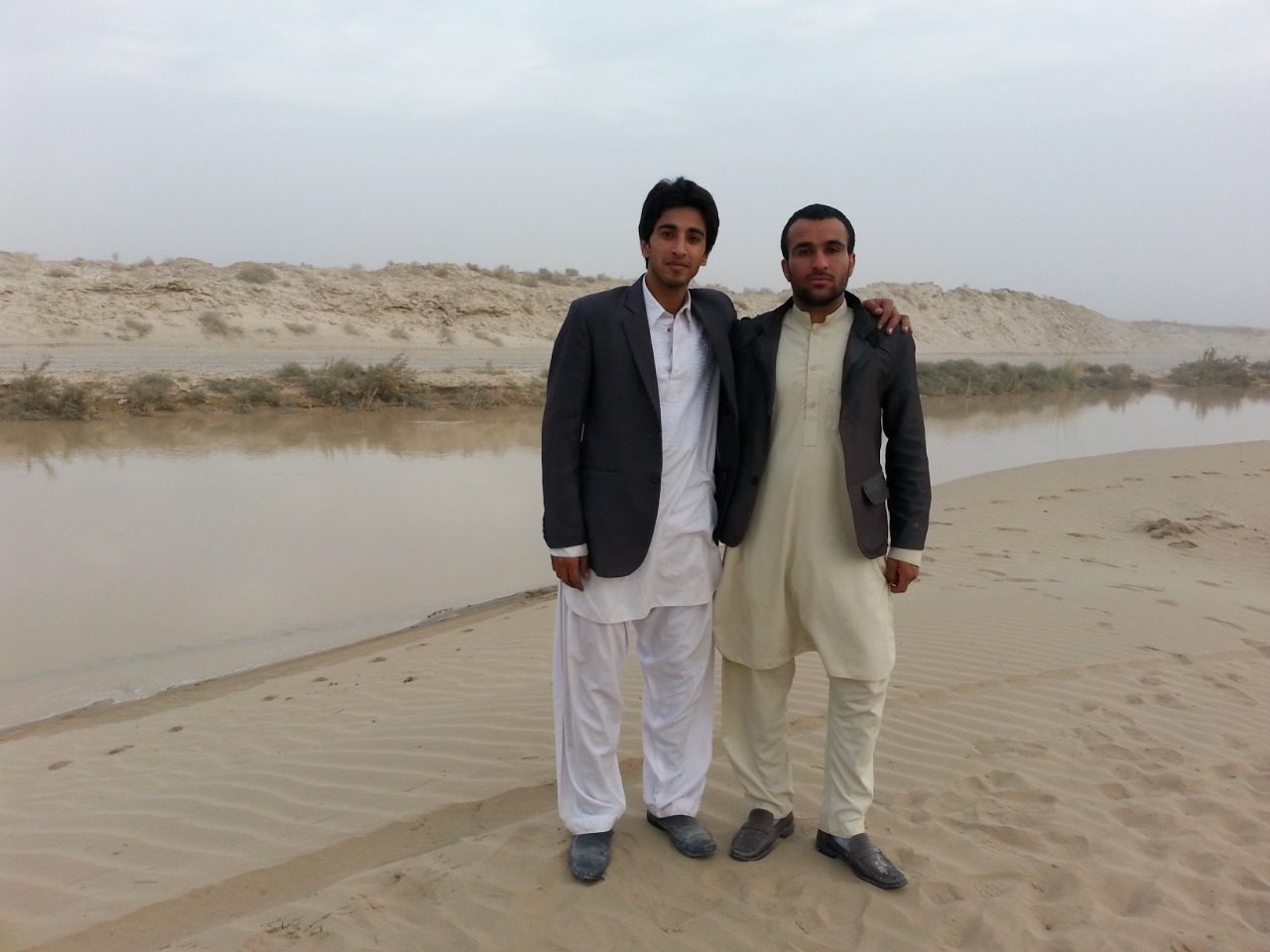 Abdul Rahimi (left) back home in Afghanistan during happier times[/caption]
Abdul Rahimi (left) back home in Afghanistan during happier times[/caption]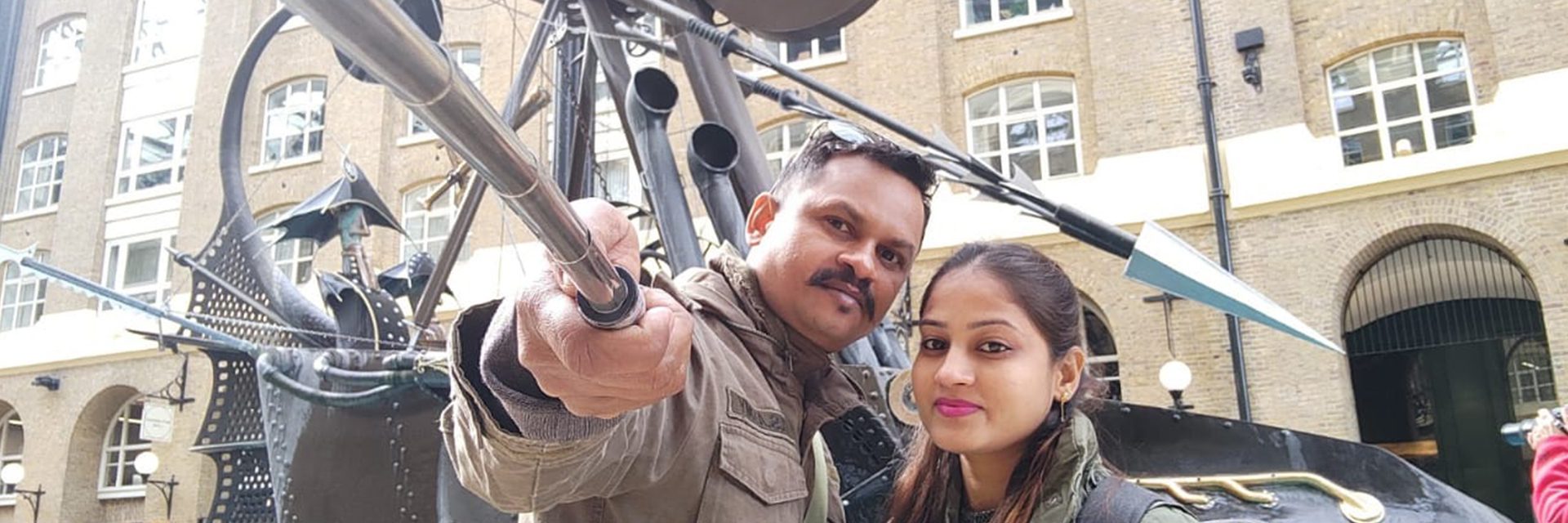
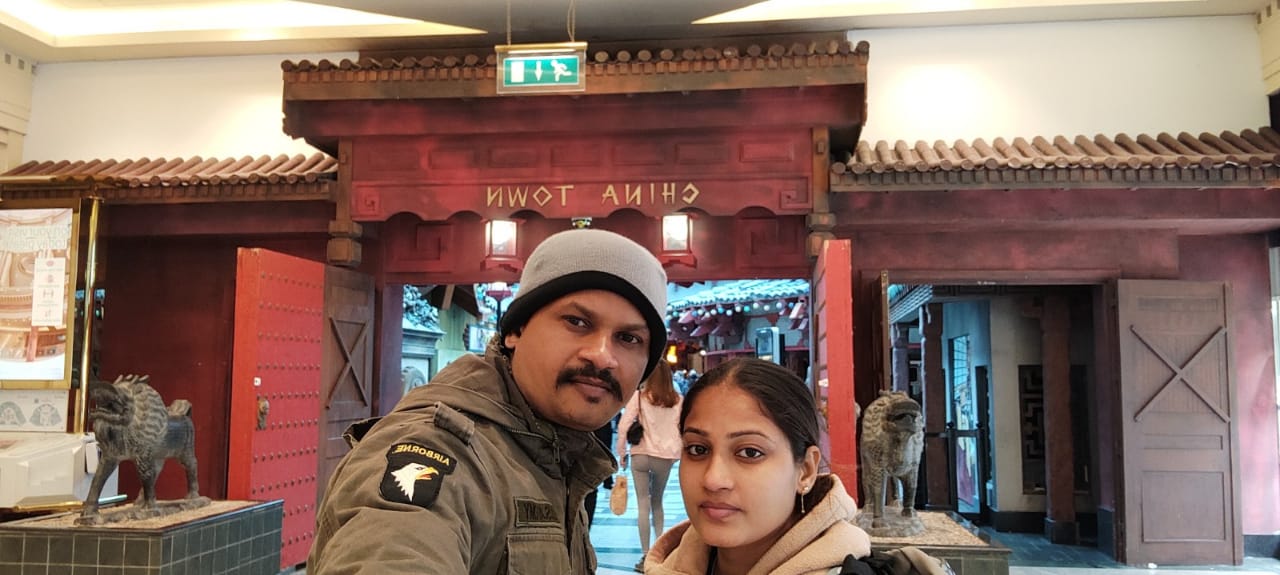 Rajender Ambilpur and Suman[/caption]
Rajender Ambilpur and Suman[/caption]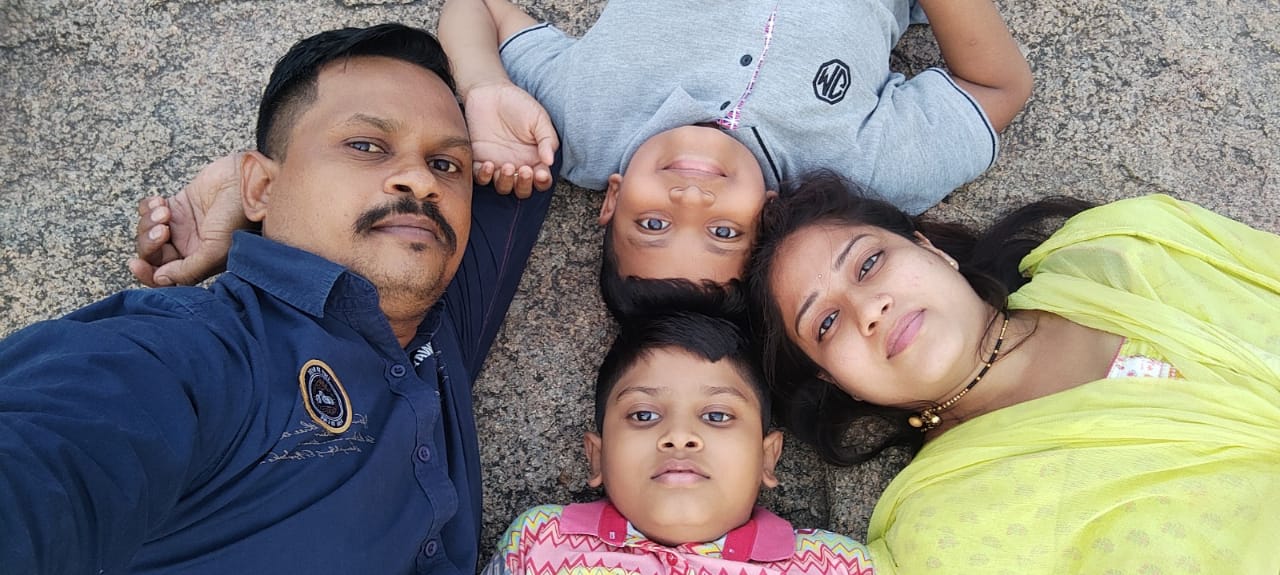 Rajender Ambilpur and Suman with their children[/caption]
Rajender Ambilpur and Suman with their children[/caption]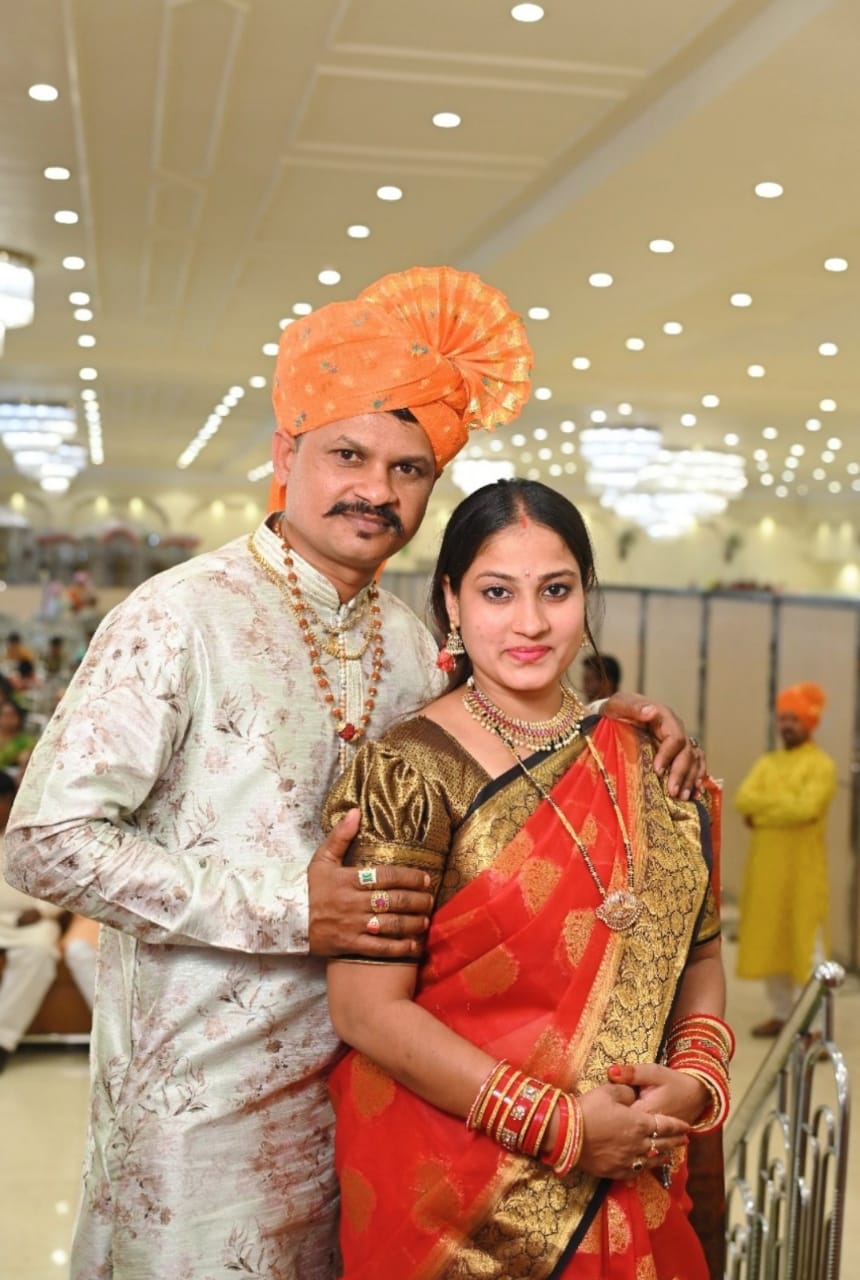 Rajender Ambilpur and Suman[/caption]
Rajender Ambilpur and Suman[/caption]
 Sharmin Ali[/caption]
Sharmin Ali[/caption]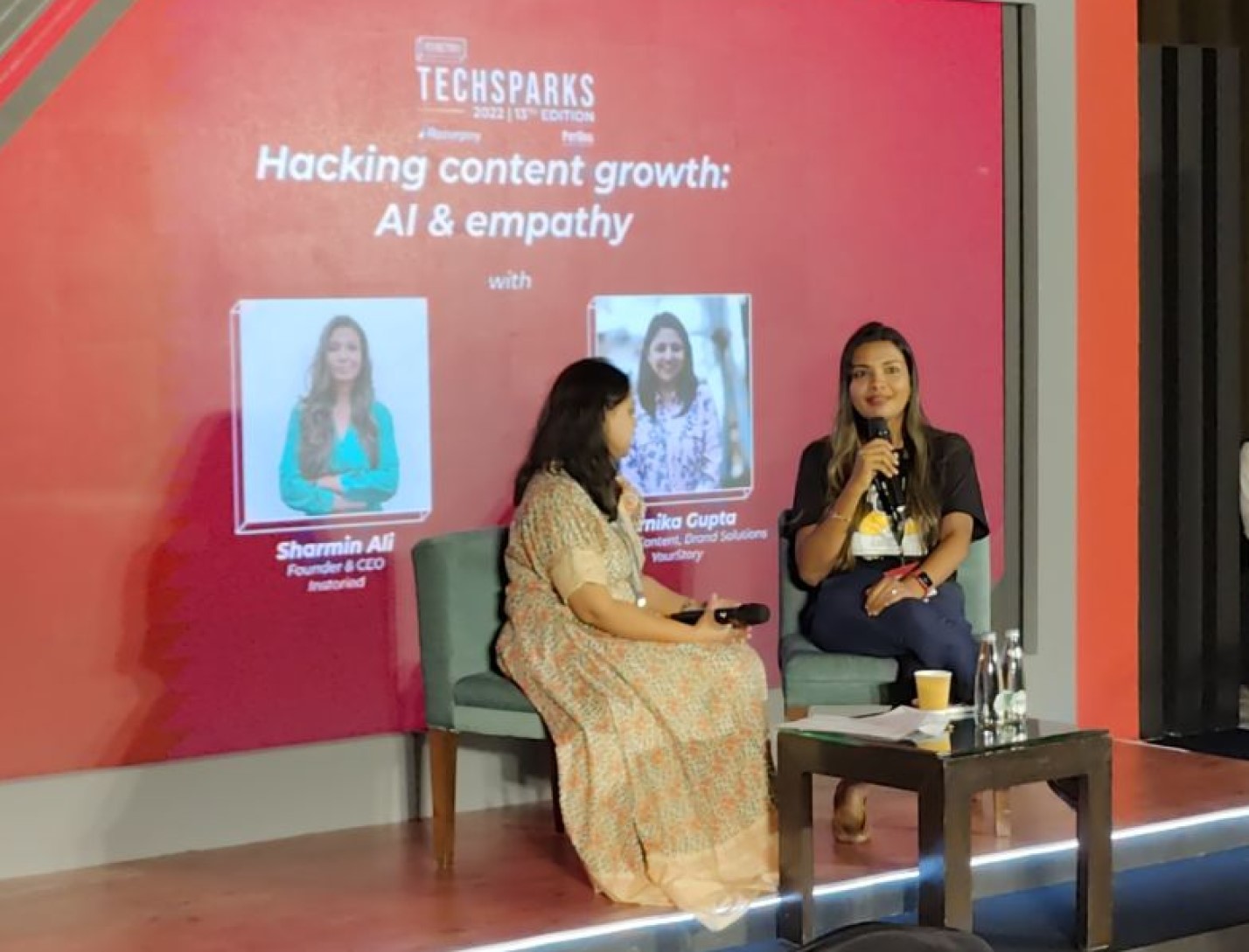

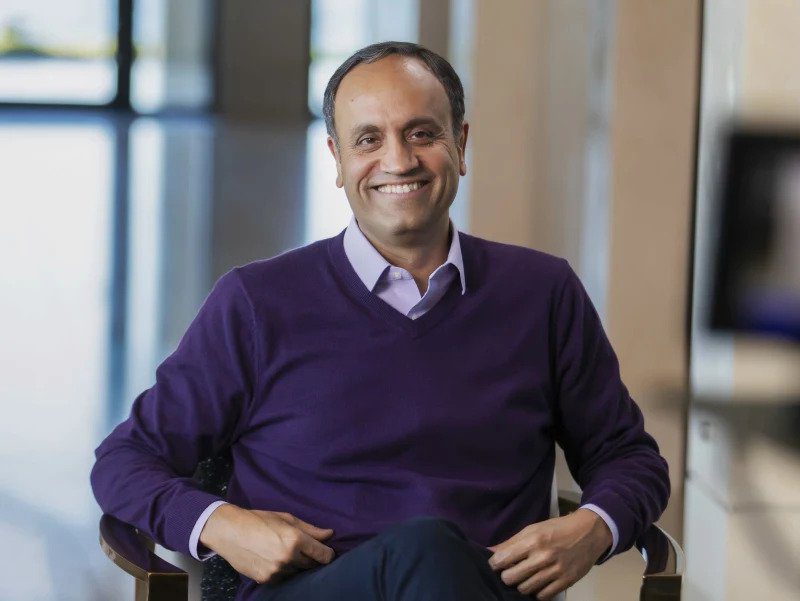 Sunny Singh is the founder of RoundGlass[/caption]
Sunny Singh is the founder of RoundGlass[/caption]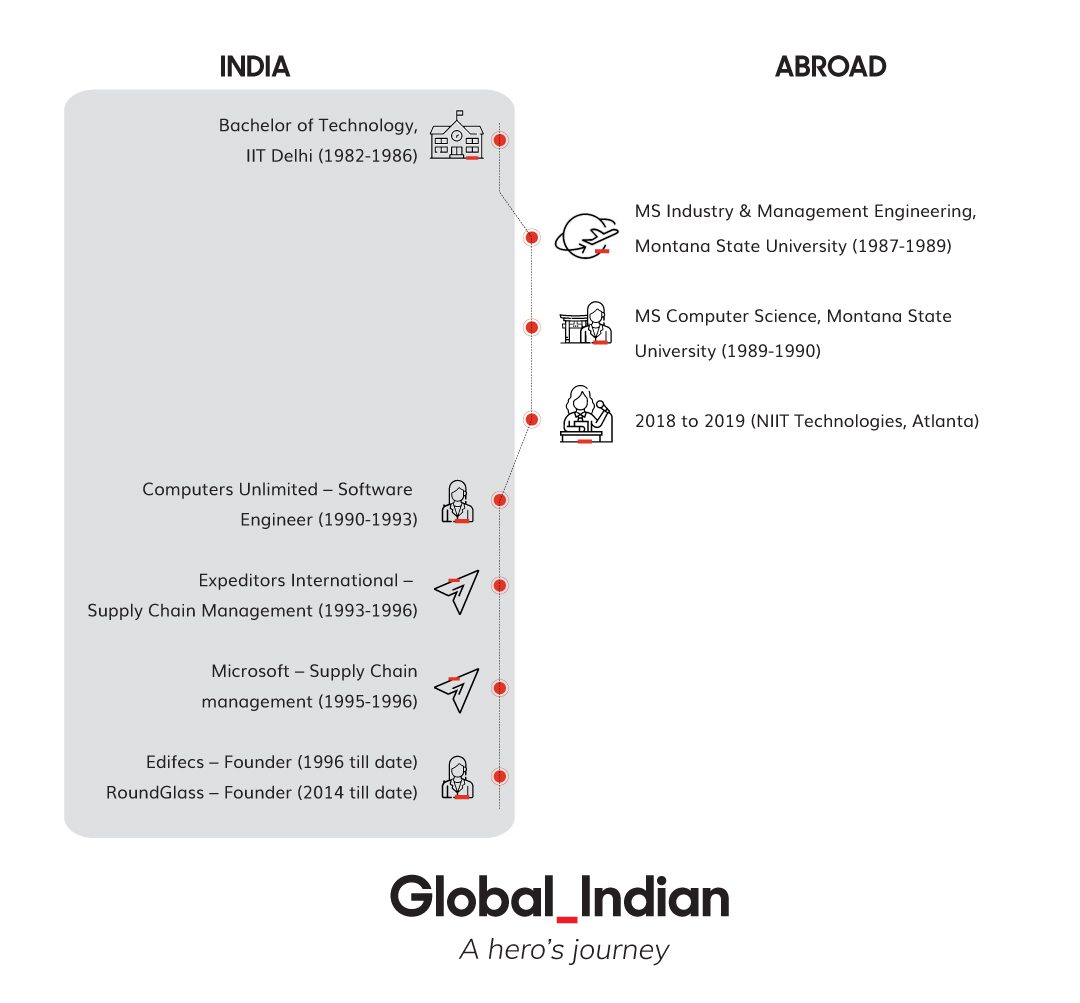
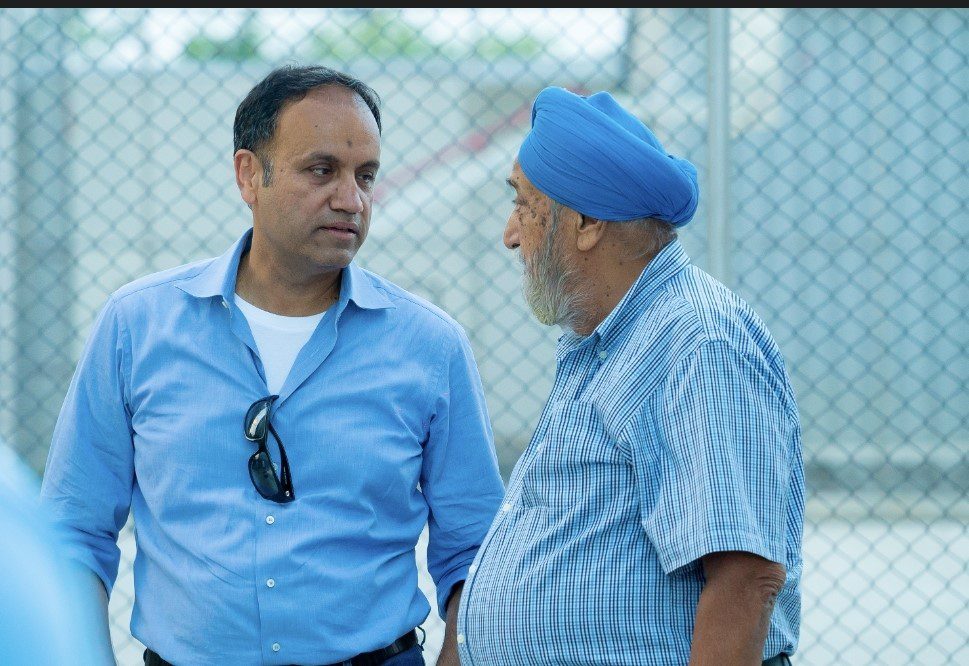 Sunny Singh with his father Sarpal Singh[/caption]
Sunny Singh with his father Sarpal Singh[/caption]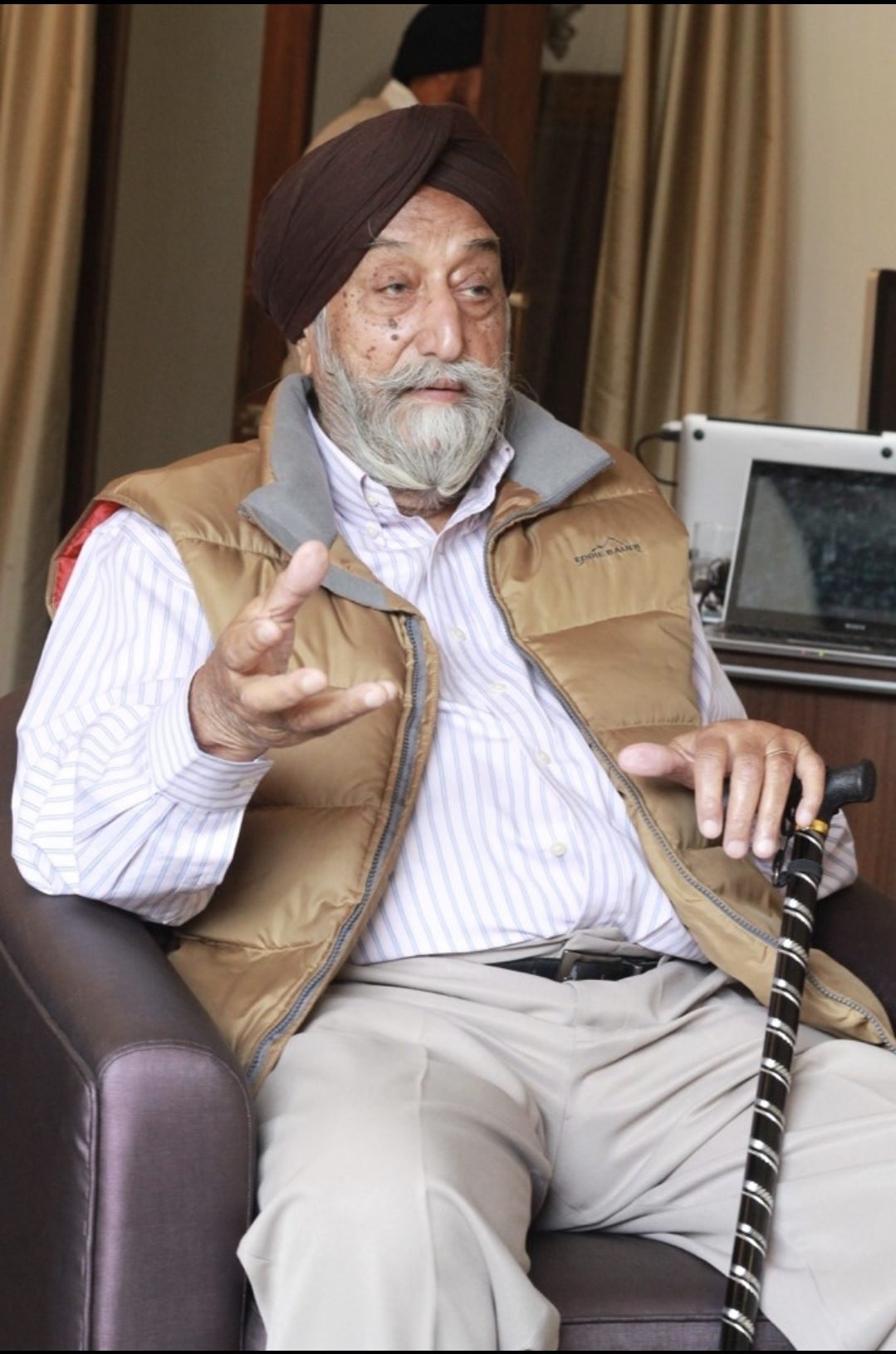 Sarpal Singh is a veteran hockey player[/caption]
Sarpal Singh is a veteran hockey player[/caption]
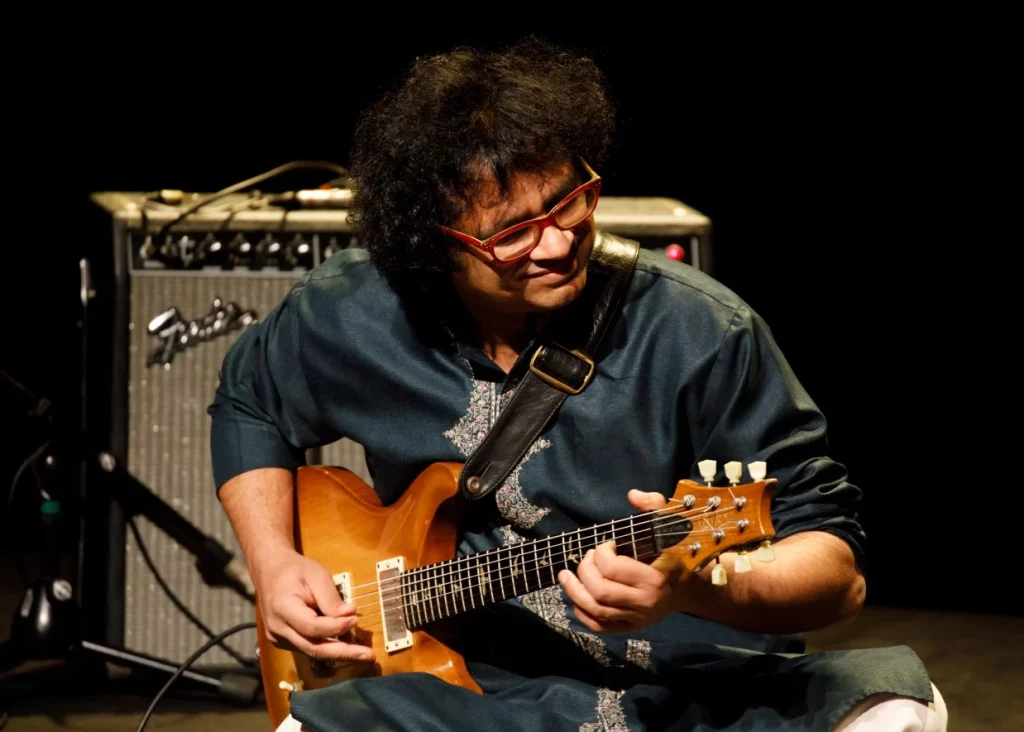



Superb